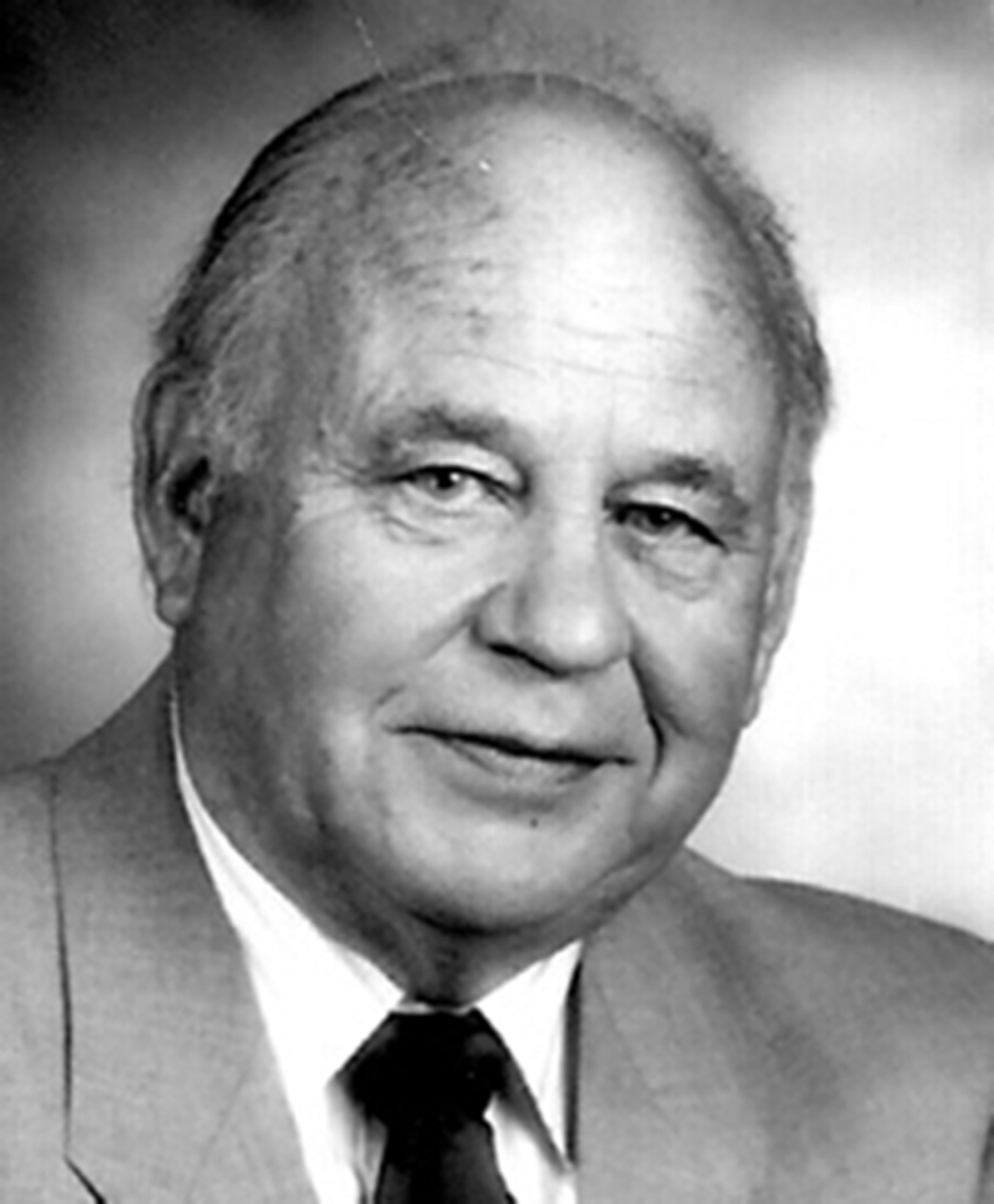
Alec Coppen, who died recently at the age of 96, was a leading figure for over 50 years in the study of affective disorders using chemical and psychopharmacological approaches. This was in the era before brain imaging was possible. In a highly productive career, he carried out studies of electrolytes, tryptophan, serotonin metabolites and platelet transport. He was a pioneer of the serotonin theory of depression, which was to have such a key influence in the evolution of antidepressant drug treatment. He was also one of the first to use lithium in bipolar and affective disorders and carried out an important controlled trial of its effectiveness. From his own clinical work, he identified the particular ability of lithium to diminish suicide rates among people with severe affective illness, an observation amply confirmed by subsequent controlled trials and meta-analyses. He also had an interest in the role of folic acid in depression, finding evidence of deficiency and improvement with supplementation. He was one of the few psychiatrists with biochemical research skills.
Alec attended Dulwich College, London, after which he volunteered for military service in 1942. He served in a commando regiment. In 1943, he nearly died from septicaemia and was one of the first people to be treated with penicillin. After the war, he studied medicine at the University of Bristol. He worked at the Maudsley Hospital, London, and in the Medical Research Council (MRC) Neuropsychiatry Unit, before becoming a member of the MRC external scientific staff. He built up his own research laboratory at West Park Hospital, a mental hospital in Epsom, where he worked until retirement. He trained many young psychiatrists in biological psychiatry, both British and from overseas, many of whom later went on to distinguished careers.
His career earned him much recognition and many roles in international organisations. He won the Anna-Monika Prize for biological psychiatry research, as well as various other awards and prizes. He was awarded honorary membership of many overseas psychiatric organisations. He was an early President of the British Association for Psychopharmacology and later President of the Collegium Internationale Neuropsycho-pharmacologicum (CINP), of which he was also an Honorary Fellow and recipient of a Pioneer Award.
Alec was born in Streatham, London, in January 1923. He was the youngest of three sons of Herbert and Marguerite Coppen. His father came from a humble working-class background, eventually rising to be a senior accountant/manager and trouble-shooter for the United Africa Corporation – the forerunner of Unilever.
Alec was married in 1952 to Gunhild (Gunni) Andersson, who came from Sweden where she was studying English Literature at Lund University. They met when she was attending a summer course in Bristol and accommodated in a student hostel in which Alec was resident as a medical student. As a married couple they were inseparable at conferences in Britain and overseas. The Coppens lived in Epsom and were members of the nearby RAC country club, where they hospitably lunched or dined many visitors. They had a wide circle of friends, including many from Sweden, and spent time every summer at Gunni's summer house in south-west Sweden.
Alec was a short, genial, friendly and cultured man, and an opera lover. The Coppens were regular attenders at London's Covent Garden. He was both a friend and colleague of many leading psychiatrists and neuroscientists, including two Nobel Laureates, Arvid Carlson and Julius Axelrod.
Gunni died in 2007. They had one child, Michael, who is now a retired histopathologist.


eLetters
No eLetters have been published for this article.